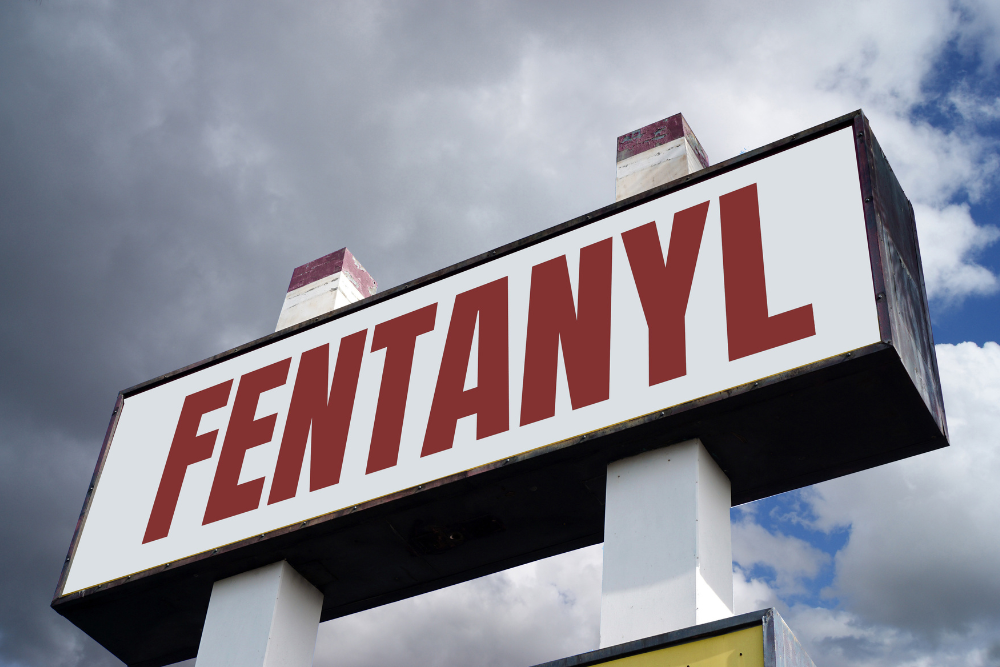
Signs of Fentanyl Overdose
Legacy Healing Center Blog
Signs of Fentanyl Overdose
Fentanyl is a synthetic opioid that is medically used in cases of severe pain management, such as after surgery or during cancer treatment. When applied in medical settings, it can be an extremely effective medication that is useful in patients that have built up a tolerance to weaker opioid alternatives. Unfortunately, recent years have seen a sharp spike in deaths related to illicit fentanyl use and manufacturing. In these cases, being able to identify the signs of fentanyl overdose could quite literally save a life. Legacy Healing Center Ohio explains.
What Is Fentanyl Made Of?
Fentanyl is a synthetic drug that is produced in laboratories. This happens by combining an organic compound known as piperidine with several other chemicals.1 These processes can be attributed to the intensely high potency that fentanyl is infamous for. This man-made opioid is said to be roughly 50 times more potent than heroin and 100 times stronger than morphine. Illicitly produced fentanyl presents the highest risk of overdose, particularly due to the fact that it is often combined with a number of unknown substances to heighten the likelihood of addiction.
Fentanyl Overdose Symptoms
Recent years have seen a rise in instances of fentanyl-laced drugs. What makes this so dangerous is the fact that it exponentially heightens the risk of overdosing. While naloxone administration can serve to reverse these physical effects, the potency of fentanyl may require multiple doses before a stable level is achieved. Additionally, if someone addicted to stimulants comes into contact with a fentanyl-laced supply, it is not as likely that they would be carrying this medication. This is when being able to identify the signs of fentanyl overdose is especially important.
Symptoms of fentanyl overdose include:
- Nails or lips that are bluish-purple in color
- Skin that is cold or clammy to the touch
- Respiratory depression or arrest
- Minimized level of consciousness
- Severely slurred speech or an overall inability to communicate
- Limp arms and legs
- Tiny “pinpoint” pupils
- Gurgling sounds
- Vomiting
If you fear that you or someone close to you is suffering from such an overdose, administering naloxone can save a life. Call 911, turn the person on their side to prevent choking, and stay with them to monitor their breathing. Do not put them in a cold shower, do not attempt to make them vomit, and don’t attempt to slap them awake, as this could cause further injury.
Our Cincinnati Addiction Rehab Can Help
If reading this has made you feel the need to break away from the dangers of illicit drug use, take comfort in the fact that our team of professionals is here to help. For those in the midst of active addiction, Legacy offers one of the best detox centers in Ohio with special programs for opioid abuse. Here, clinical staff will monitor you throughout the entirety of the withdrawal process and ensure you are prepared in both body and mind for the programs to come.
Our Cincinnati drug rehab is equipped with fentanyl addiction treatment that will comprehensively address what led you to the situation you are in. Additionally, treatment options like cognitive behavioral therapy will provide healthier coping mechanisms to apply moving forward.
There is a light at the end of this tunnel. Call Legacy Healing Center Cincinnati at 513-512-4832 to learn how we can help you reach it.
Source
- EMCDDA – Fentanyl Drug Profile
Related Reading